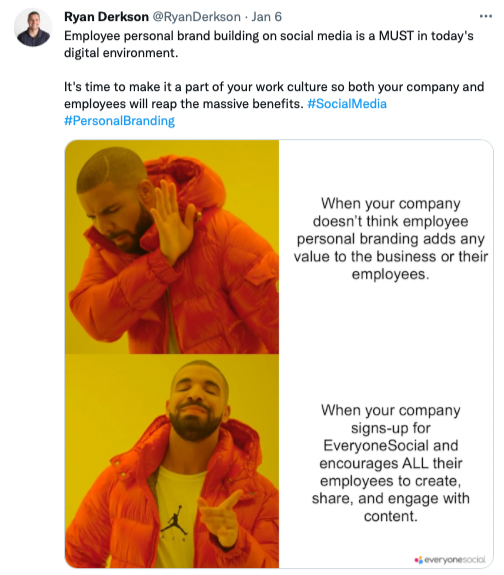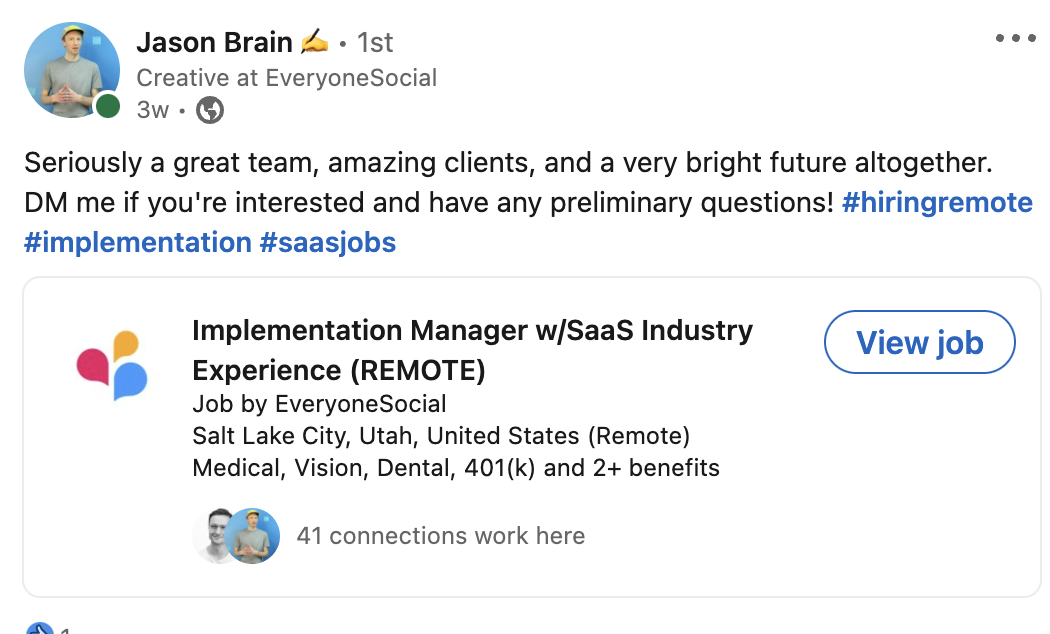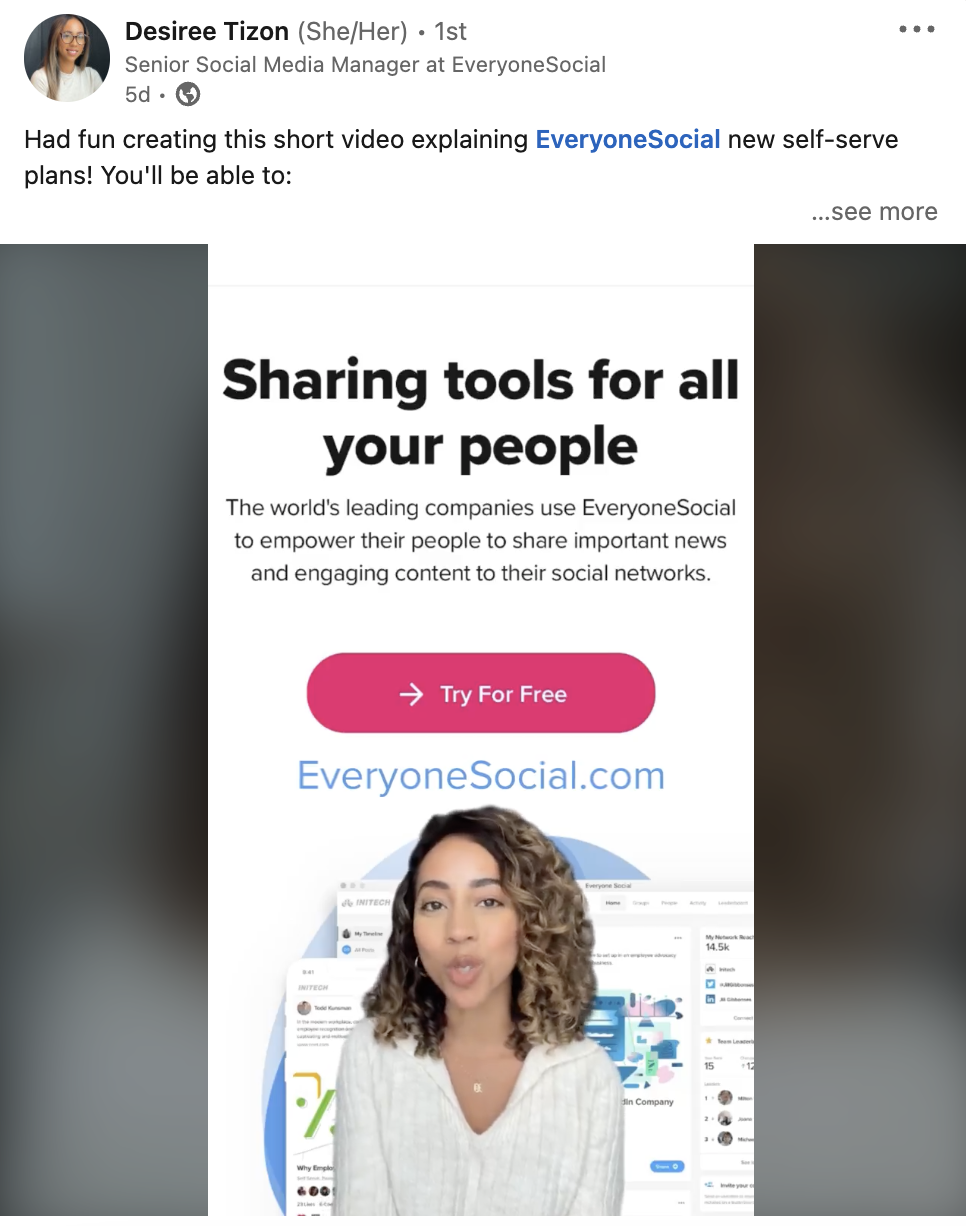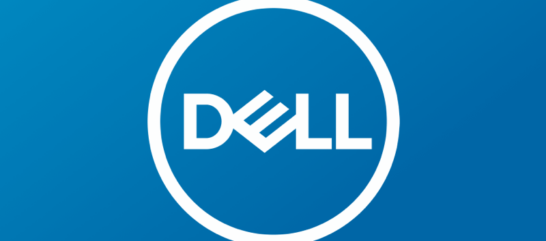The Power of Investing in Employee Personal Brands
Branding used to be just for business, a key part of a company’s strategy for building awareness and increasing market share.
But today, employee personal brands are just as important to an organization’s success as its corporate brand.
Of course, there may be some initial hesitation about investing in employee personal brands. After all, doesn’t making your employees more marketable and visible increase the likelihood they’ll catch the eye of another employer?
It’s a valid concern, but the truth is that when a company nurtures employee personal brands and encourages its people to engage on social media, the rewards far outweigh the risks.
Let’s take a look at the benefits of supporting and growing employee personal brands and why it should be a key part of your brand management strategy.
What is an Employee Personal Brand?
An employee personal brand is the individual employee’s reputation in their respected career field. It’s how individuals present themselves, their expertise, and skills to others.
When an employee builds a trusted brand online, they become subject matter experts, gain more career opportunities, and grow their own community of followers.
Some organizations might be nervous about encouraging employees to build their personal brands in the workplace, for fear of losing that employee. However, stifling employees’ career and professional endeavors does more harm than good.
And just because employees create and share content to enhance their personal brands, doesn’t mean they’re on the hunt for a job.
Today, there’s so much opportunity for people and their employers when companies invest in employee personal brands and encourage their workers to have a voice.

How Strong Employee Personal Brands Help Your Business
Helping your employees make themselves more marketable and motivating them to use social media at work really does have a positive impact on your company and its bottom line.
“Personal brand is important on so many different levels, from an overarching brand level and from a raising-awareness level,” says Tiana Noveen, Unity Technologies’ senior growth marketing manager. “It’s important on a personal, individual level as well. And then, also, just getting the word out about your business or your product, because people are going to trust people, rather than businesses.”
Here’s what investing in employee personal brands accomplishes:
More trust in your brand and its products or services
It’s one thing for a company’s corporate social handle to tweet that its products are the best on the market.
But when that statement comes from a real person — perhaps a friend who works at that company — you’re more likely to put stock in that opinion. And you’re more likely to try that product for yourself.
In fact, 76% of people say they trust content shared by people over brands, and 92% of them trust recommendations from friends and family above all other forms of advertising when making a purchasing decision.
Today, people often turn to social media and online reviews to make these decisions, so word-of-mouth marketing is more powerful than ever. That’s why it pays off to have your trusted and respected employees posting positive things about your company.
Increased visibility, reach, and engagement
When you invest in employee personal brands and help workers nurture and grow their own networks, you increase your brand’s reach as well.
An activated employee will create and share company content with people who don’t already follow your brand. Plus, because they’re viewed as more trustworthy than a faceless company, their social content will have more impact and engagement.
That’s why marketing messages reach a 561% larger audience than brand channels.
“Your voice and your social posts are also going to be elevated, in terms of the algorithm with social media, than a brand post would be,”Noveen says. “Facebook, for example, is deprioritizing a lot of brand posts and boosting individual posts and opinions.”
Employees with strong personal brands also establish themselves as subject matter experts and thought leaders, lending your organization more authority and credibility.
All this adds up to greater visibility for your brand, which impacts your bottom line.
Better customer relationships
Potential customers do their research before purchasing a product, and today, much of that research happens online. They also often turn to social media to ask for referrals and recommendations.
That’s why social selling — leveraging social media to attract prospects and build relationships with them — is so important.
In fact, sales reps who use social media as part of their sales techniques outsell 78% of their peers.
The best social sellers are those with strong employee personal brands because they’re already established a name for themselves in the social space and they’re viewed as more authentic, credible, and trustworthy.
More skilled employees
Employees that are empowered to develop a personal brand strengthen important skills they can immediately apply to their current roles.
Storytelling, writing, public speaking, and organization are just some of the elements that improve when people devote time to their personal brands.
Internally, this can lead to better communication and collaboration among employees and departments, but there are external benefits as well. Someone with a strong personal brand, for example, is more likely to book speaking engagements or appear on industry panels, which is an excellent way to expose more people to your brand.
Stronger employer brand
Investing in employee personal brands also improves the company’s employer brand.
Why? Because empowered workers who talk and post about their employer on social media in positive ways catch the eye of potential hires.
And social media is exactly where job seekers are. In fact, 79% percent of people use social media in their job search, and 84% of job seekers say a company’s reputation as an employer is important.

So you want employees with strong personal brands sharing company news, content, and updates. You want them to give their networks insight into your great company culture. Because this is exactly the kind of content that gets people excited about working for you and motivates them to apply for open positions.
Plus, you can’t afford to have a poor employer brand — that’ll cost you up to 10% more per hire.
How to Support Employee Personal Brands
If you want to fully take advantage of the benefits of employee personal brands, you need to be strategic and provide your team with the right resources. Here are some tips to get started.
1. Highlight the benefits to employees.
As we’ve established, investing in employee personal brands is a huge advantage for companies, but employees need to know what’s in it for them.
That’s why it’s essential to show your people how building their personal brand helps them by expanding their networks, providing them with new opportunities, helping them keep up with industry trends, developing new skills, and more.
2. Provide social media training.
Most employees — 75% of them, in fact — haven’t been trained on how to use social media professionally. But they’re eager to learn.
According to a Social Media Today Survey, workers want to learn how to foster engagement and become brand ambassadors, among other important skills, so give them the training they need to advocate for both themselves and your company.
In addition to teaching them how to use social channels, engage with others, and build their networks, it’s also useful to go over the basics of setting up and optimizing their social profiles.
It’s also a good idea to educate employees about the rules of social media at work.
3. Identify influencers and empower them to lead the way.
Ninety-eight percent of employees use at least one social media site, and 50% of them post about their employer.
So your organization no doubt already has powerful employee influencers who can teach by example and inspire and mentor others.
Use social listening tools or send out an employee survey to identify these people, let them know you appreciate their efforts, and bring them on board to help other employees build their personal brands.
4. Give employees the tools they need.
If you truly want to invest in employee personal brands and reap all the benefits involved, your people need the right tools.
This includes social media tools, social-sharing tools, and an employee advocacy solution.

With EveryoneSocial, you get all of these in one easy-to-use platform. Check it out.
5. Recognize and reward participants.
As your people take steps to build their personal brands, highlight their efforts and celebrate their wins.
This could involve sharing their success stories with the company or even rewarding them with a prize.
We’ve got plenty of tips to help you gamify your employee personal brand efforts.
6. Offer headshots and social media makeovers.
Take employee personal brands to the next level by offering more than just social media training.
Have your marketing team assess employee social profiles and help them craft bios, or hire a personal brand professional to provide one-on-one consultations.
You can also take professional headshots for employees to use across their various social channels.
Employee Advocacy Helps Build Employee Personal Brands
Ready to tap into the benefits of their employees’ personal brands?
Then you need a pure place employee advocacy solution like EveryoneSocial, which makes it easy for everyone in your organization to create and share content with their personal networks.
With the latest company news, industry articles, and more all in one place, employees have access to a continuously updated library of relevant content. Plus, they can share this content on social media with just the click of a button, building their personal brands.
















